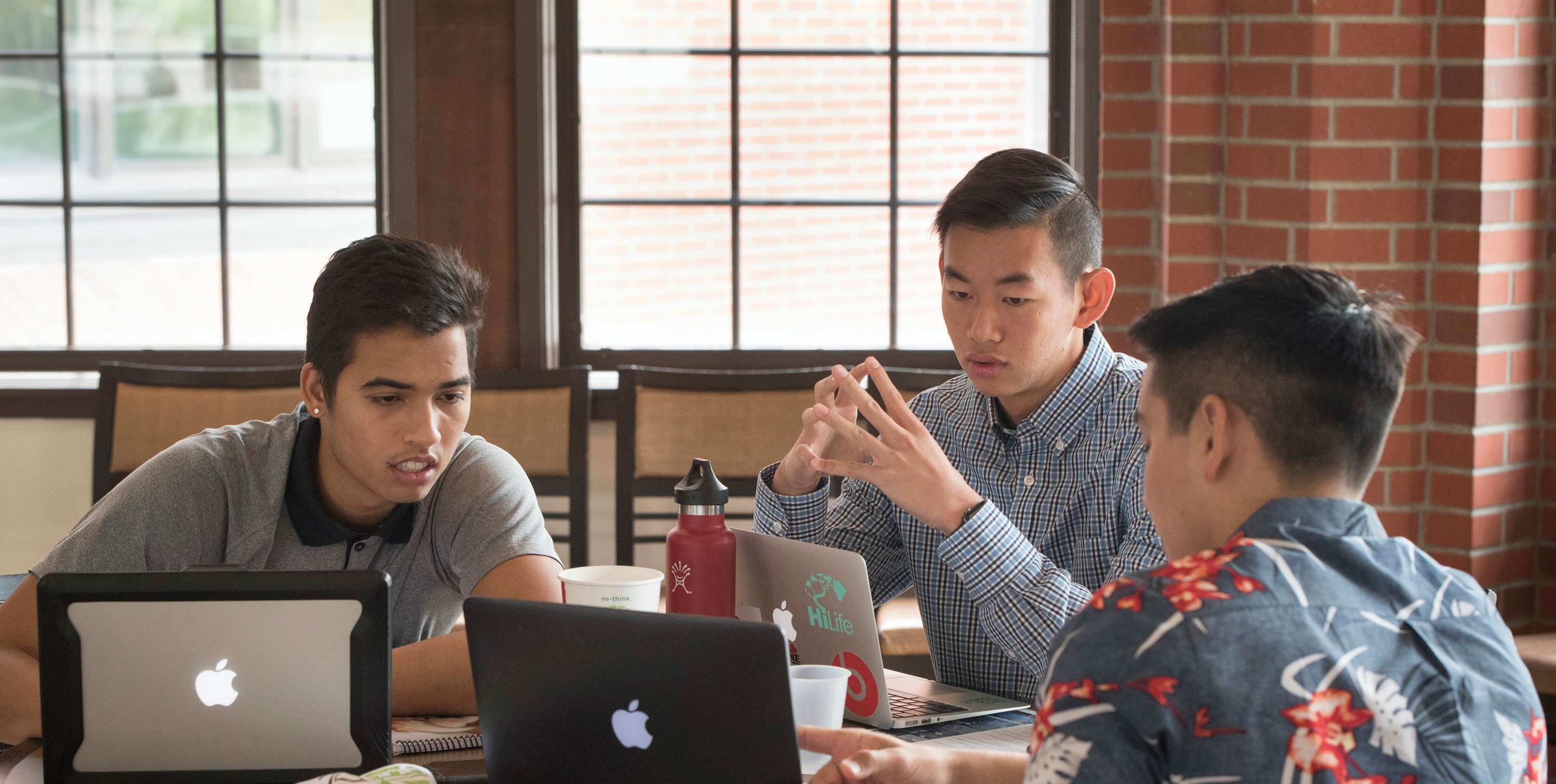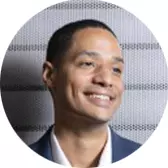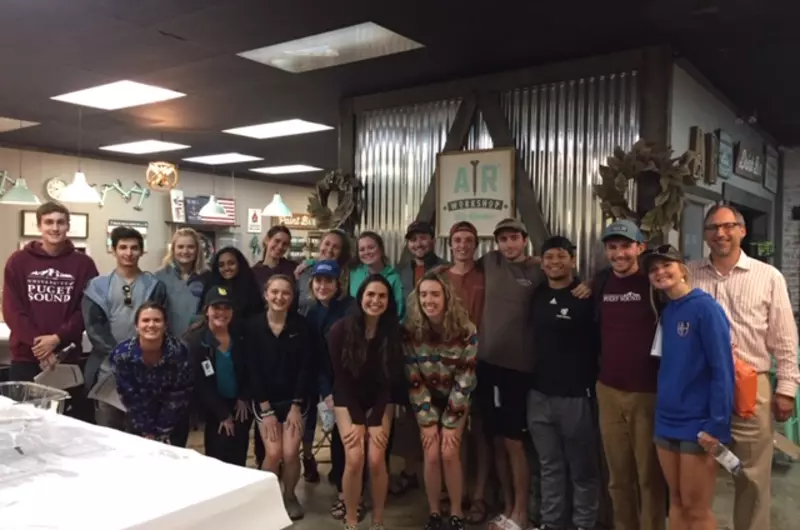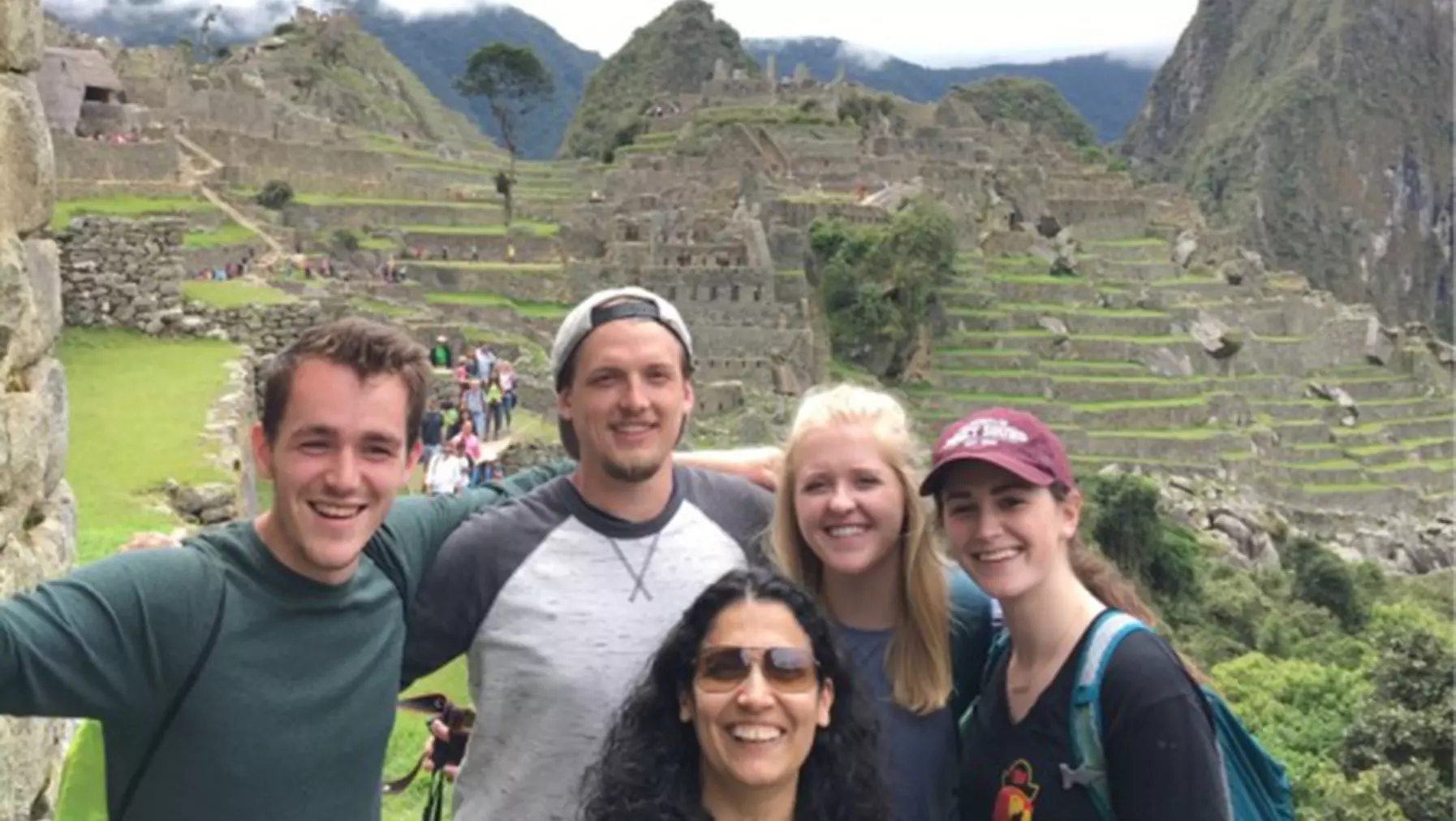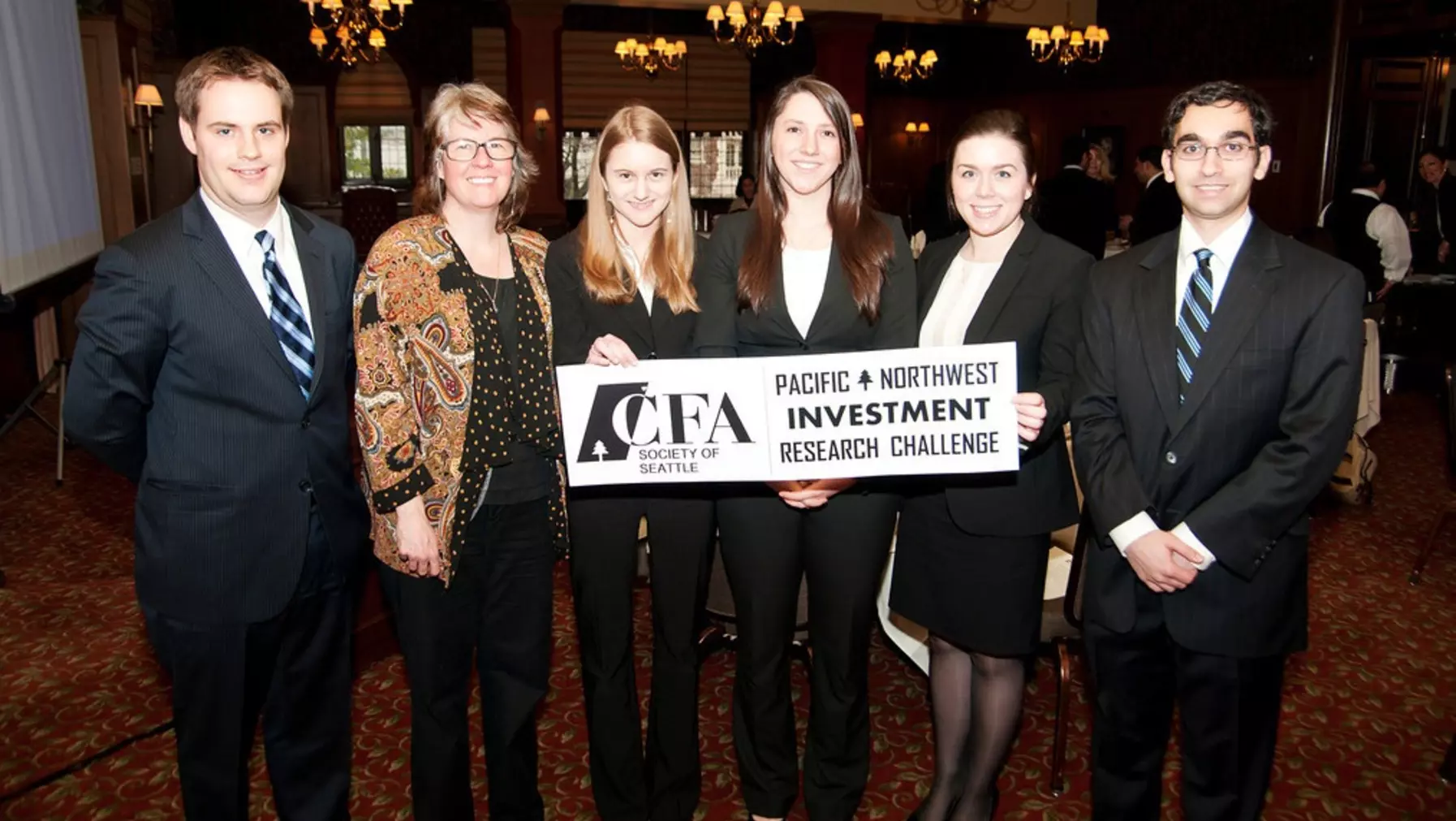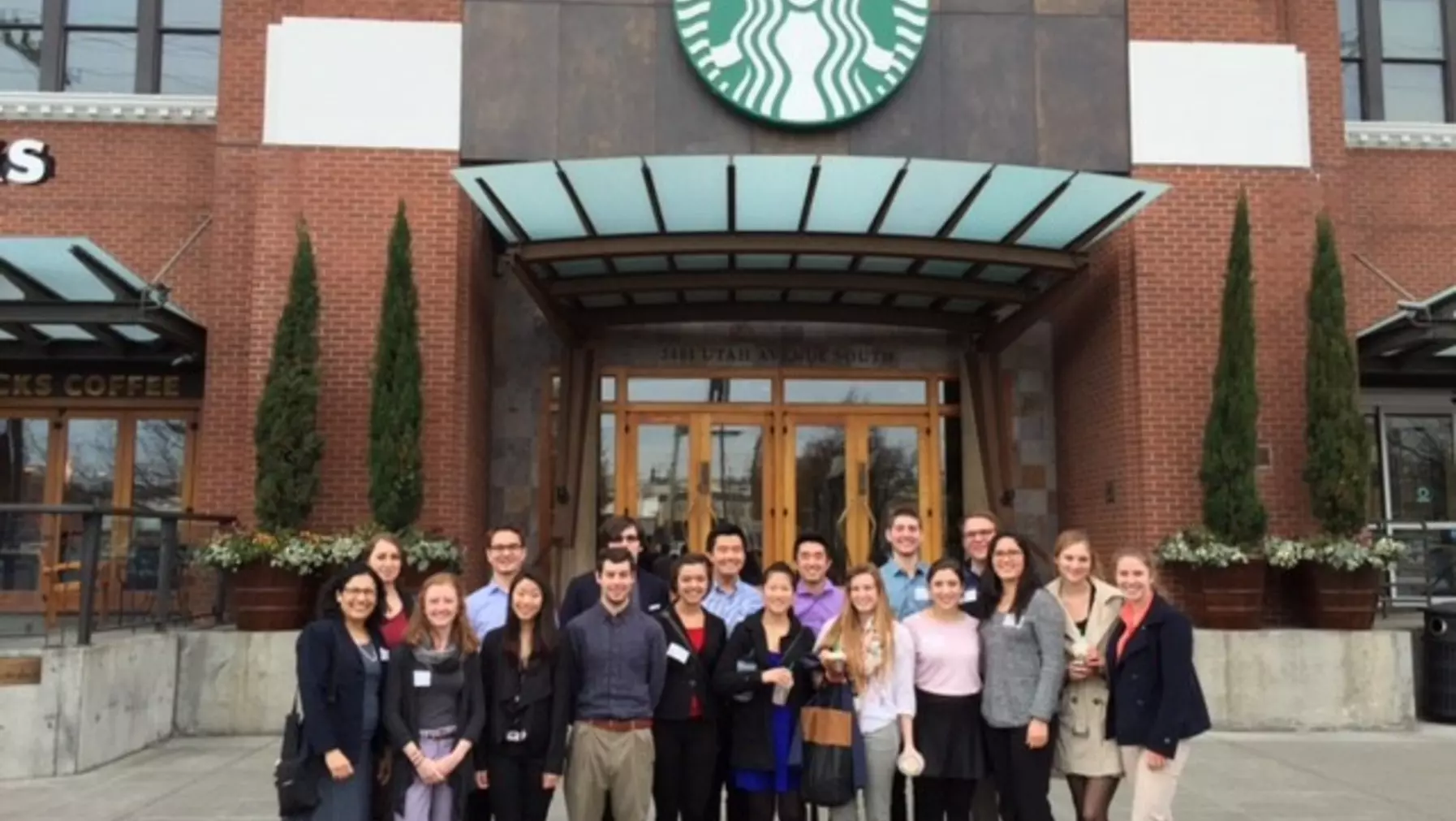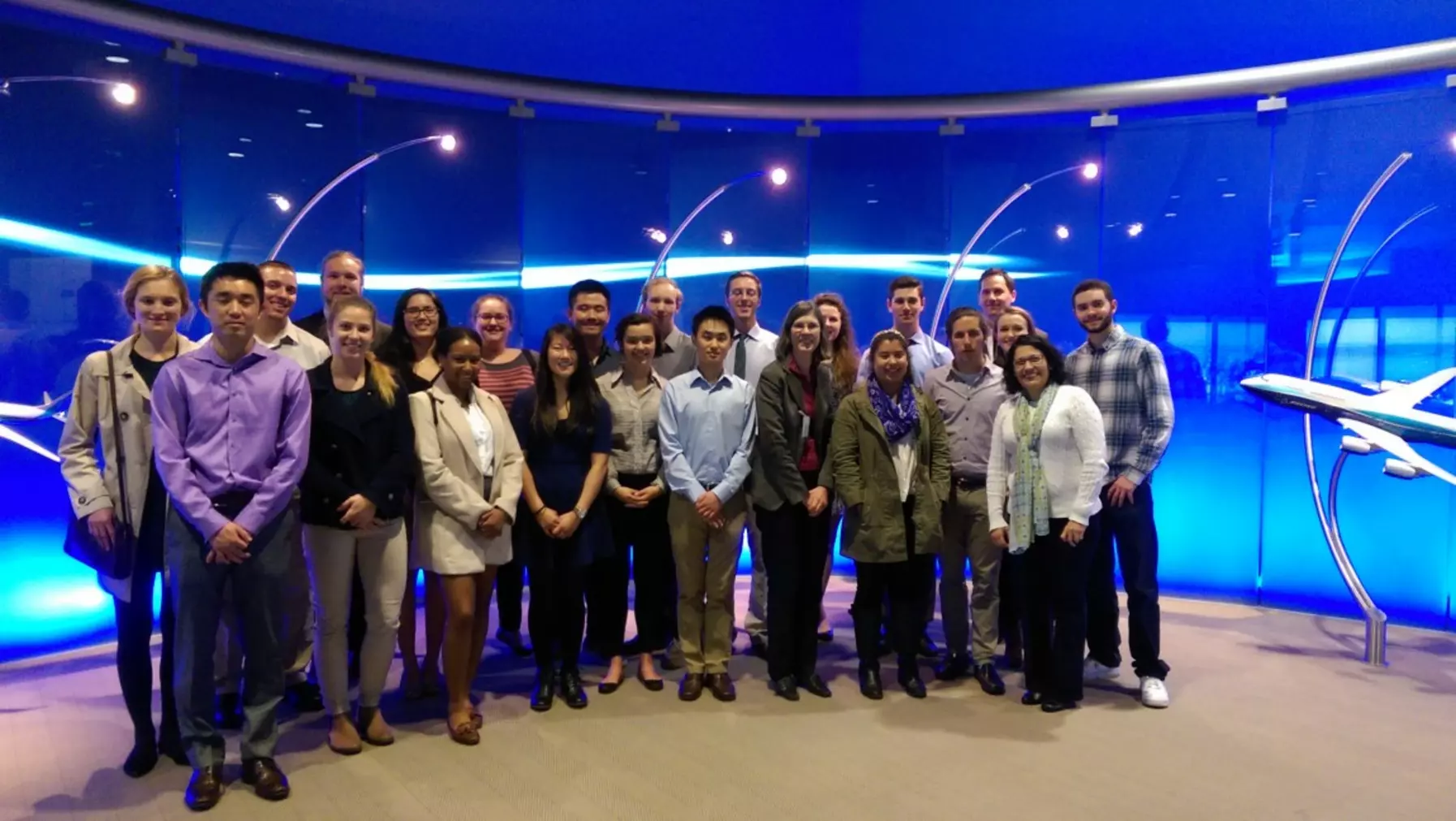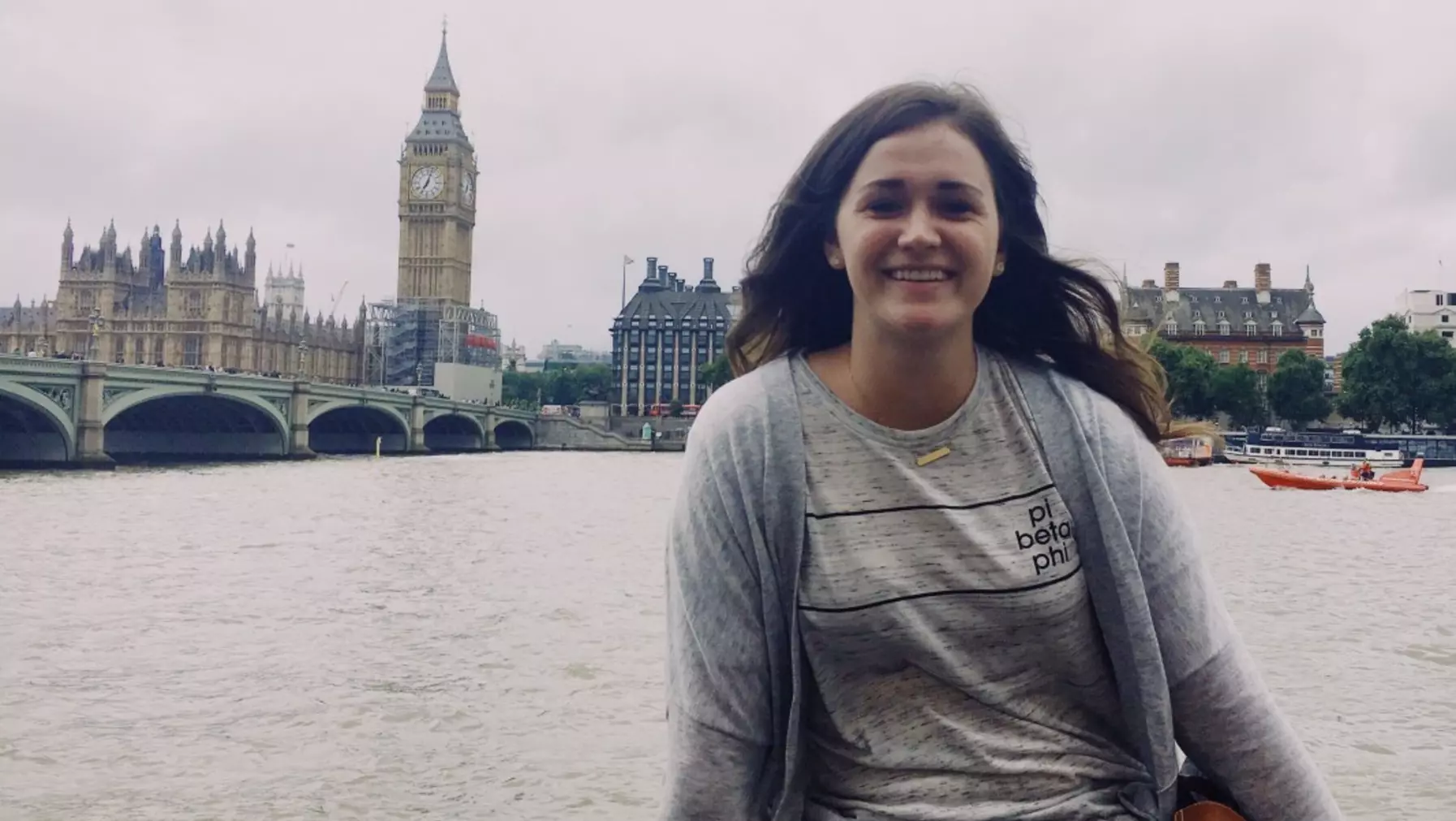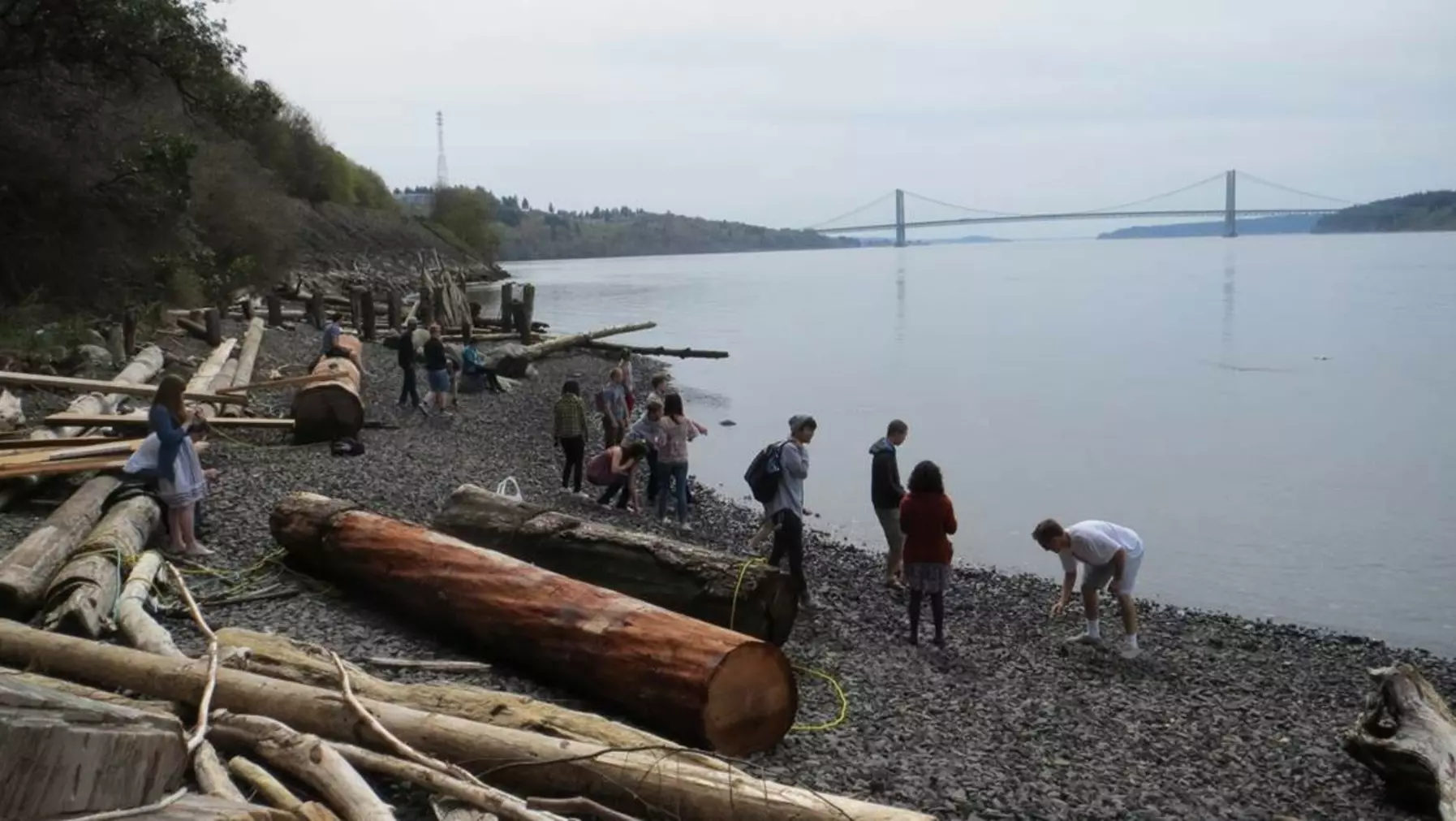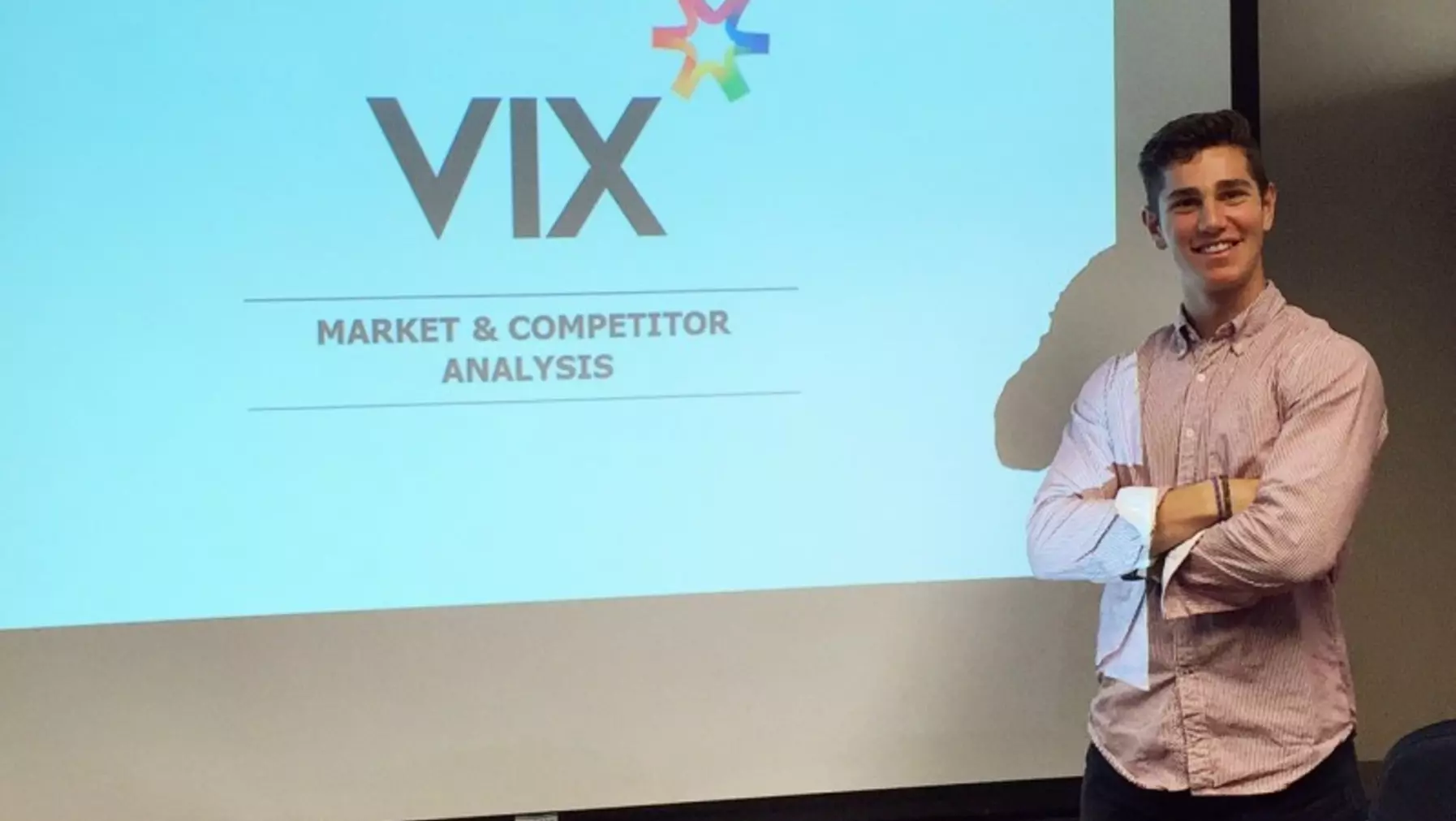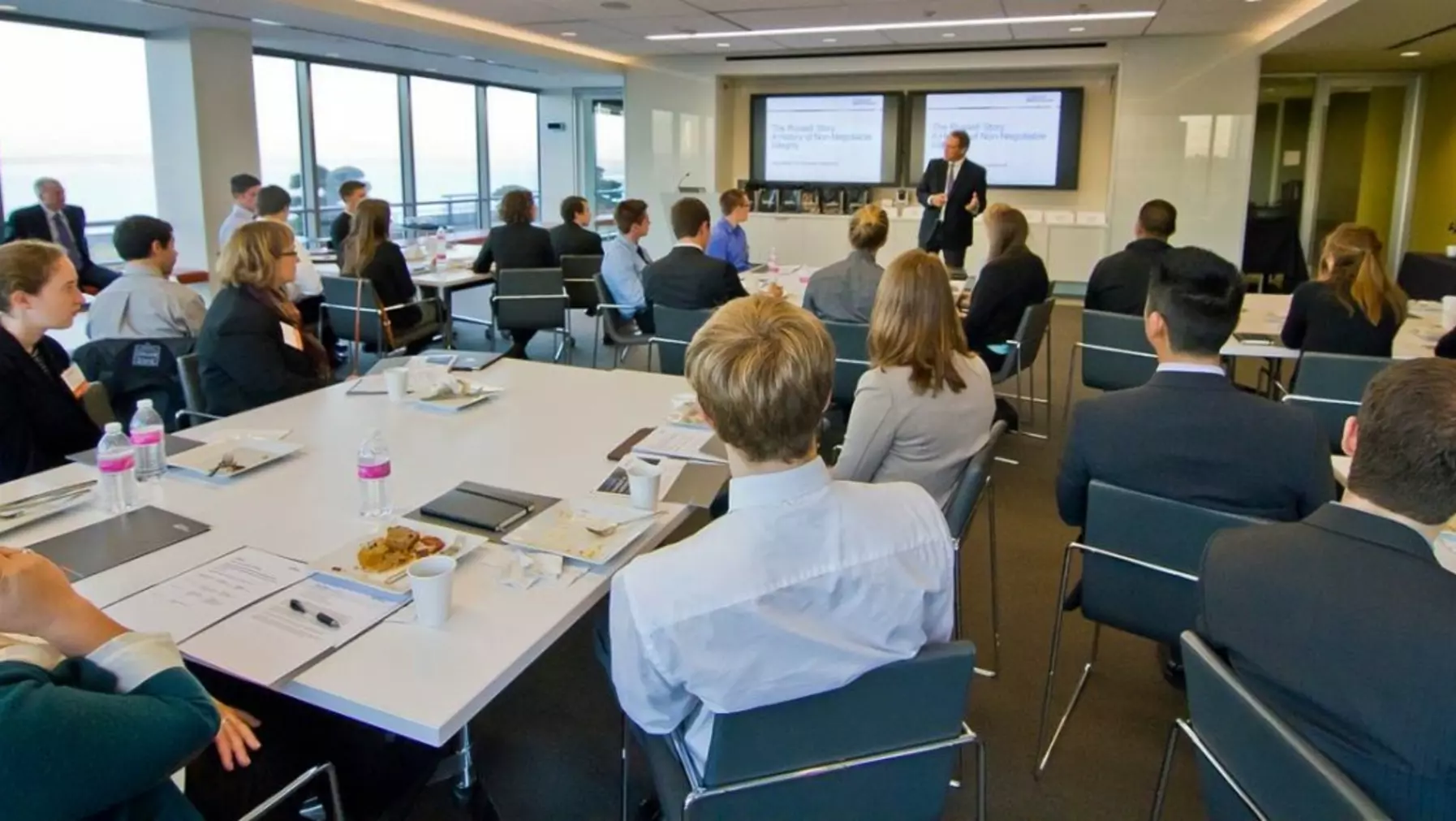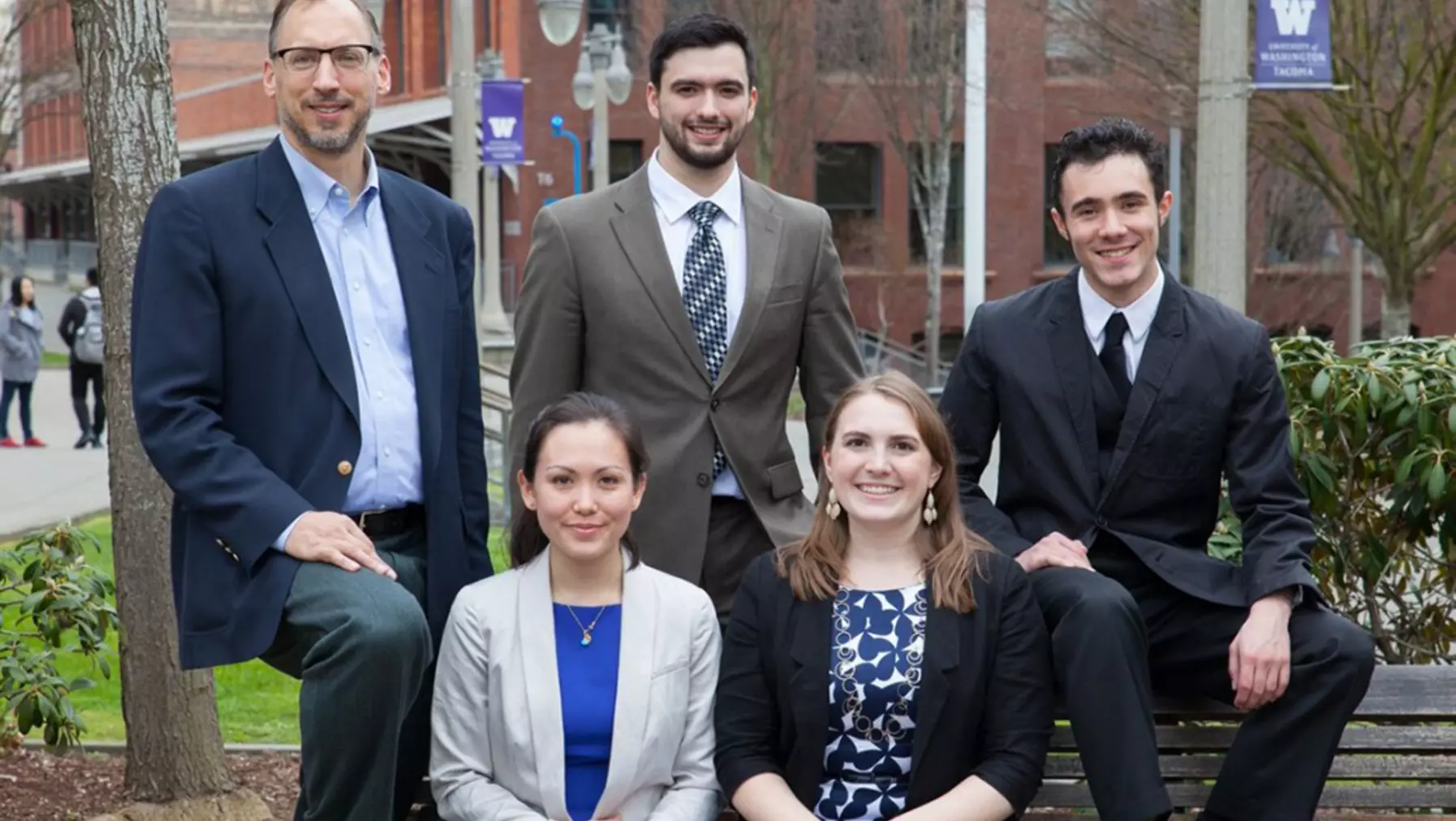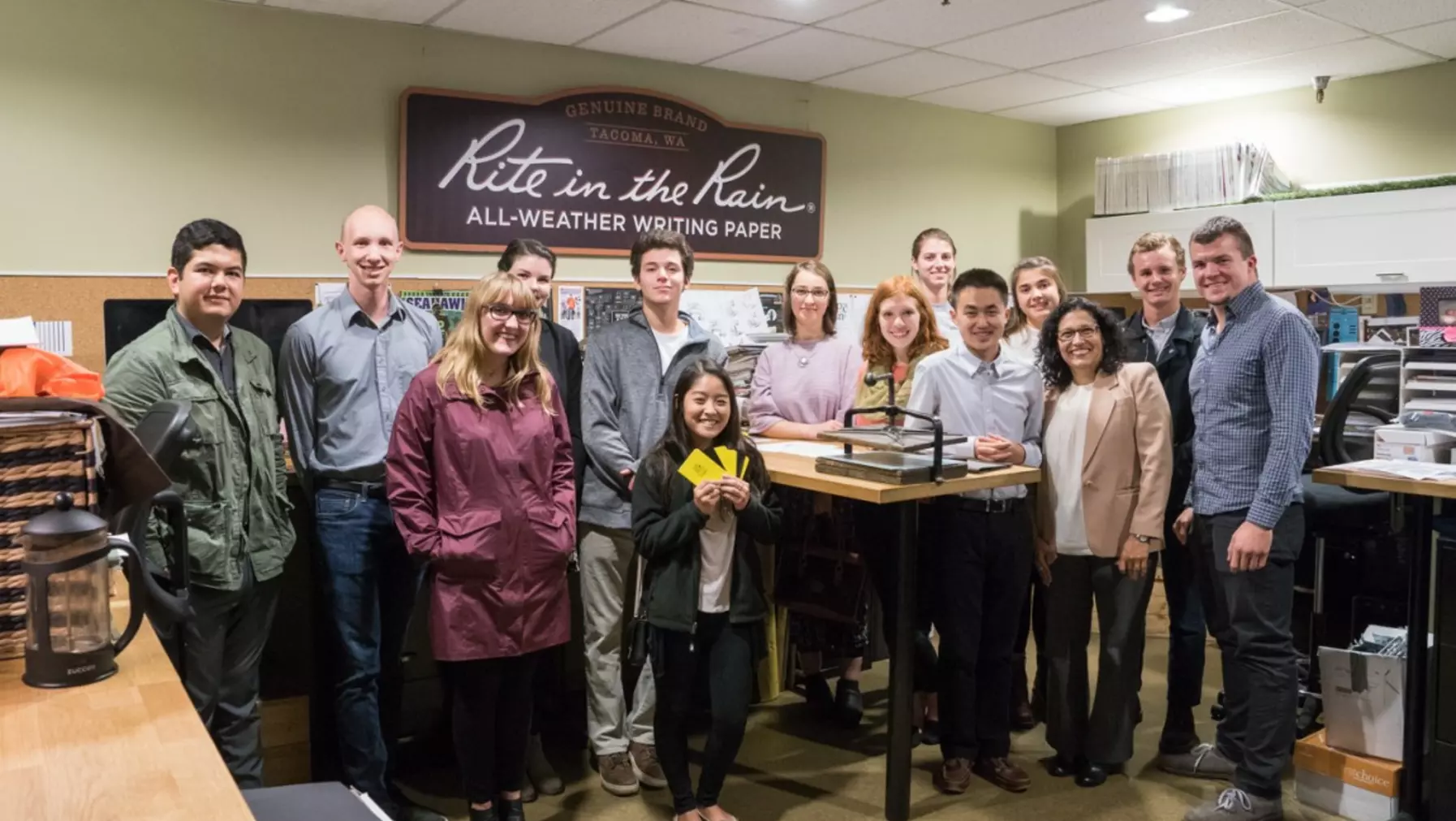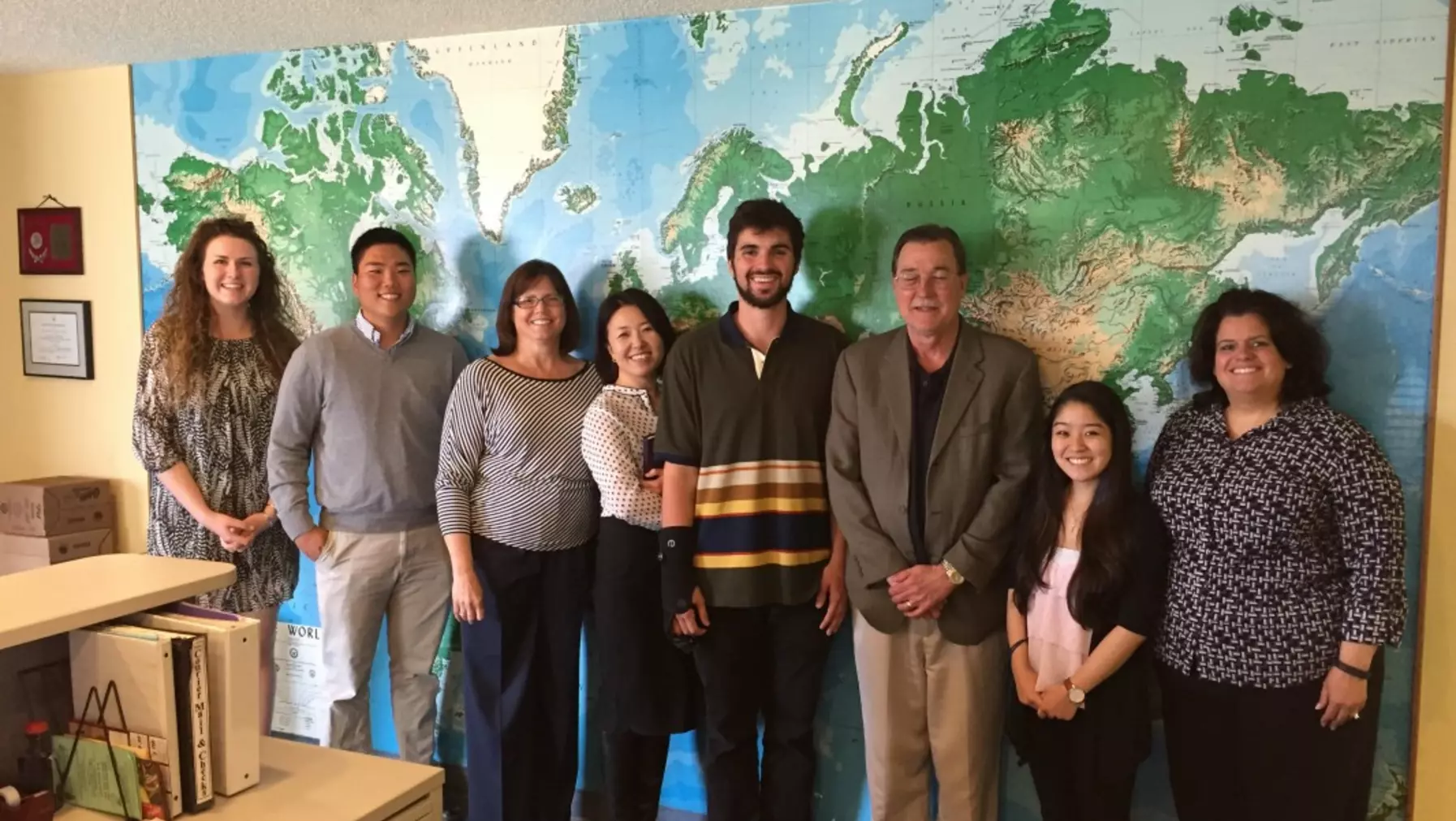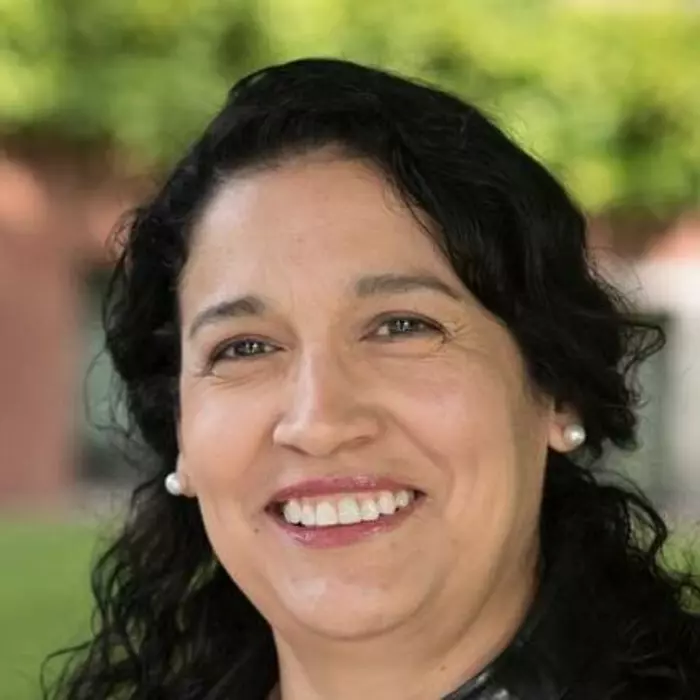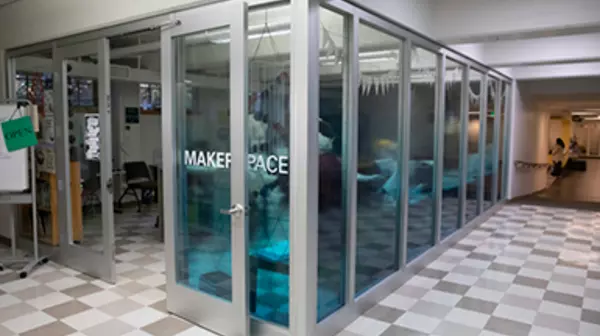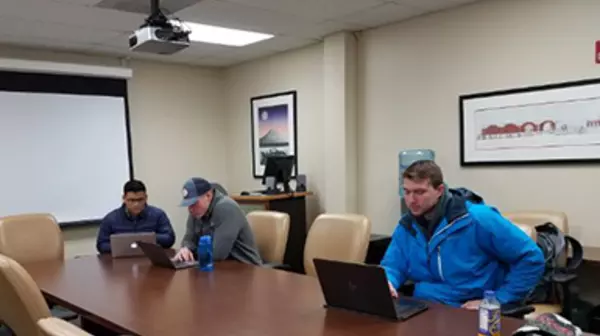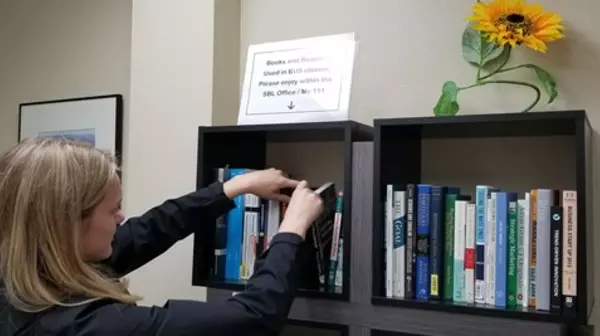What is the role of business in the world, and how might that change? How do organizations succeed? In what ways do the people who work in organizations influence results? What are the most effective ways to communicate with customers, employees, leaders, and stakeholders? How can we address ethical questions that arise in business? What role could you play in our connected world?
The School of Business and Leadership (SBL) offers three majors (Business Administration, International Business, and the Business Leadership Program) that explore questions like these. Students start with business fundamentals such as management, marketing, finance, accounting, law, and ethics. Research, discussion, experimentation, and reflection deepen and expand students’ knowledge and prepare students for success as leaders in a complex and dynamic global environment.
